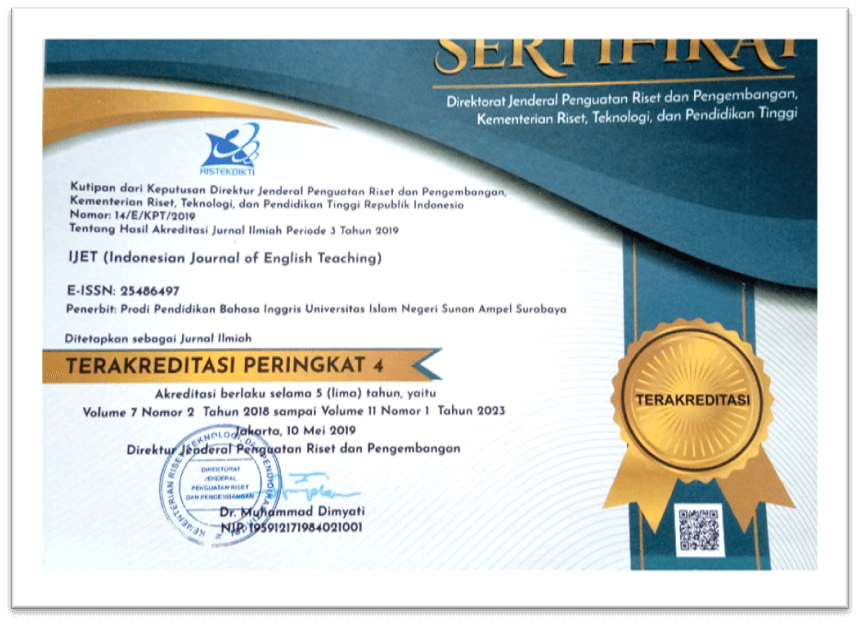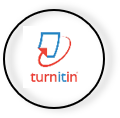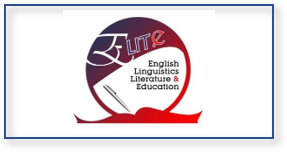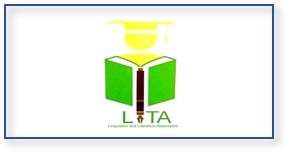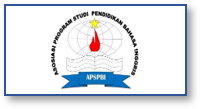Evaluative Analysis On Mooc With Lms Based To Improve English Teachers’ Teaching Competences
DOI:
https://doi.org/10.15642/ijet2.2022.11.1.30-45Keywords:
English Teacher, MOOC, LMS, Kirkpatrick's 4-level Evaluation Model, Language, Teaching, SpeakingAbstract
In the 5th Industrial Revolution era, English teaching method blended with technology and information-based skills will be more noteworthy to improve English teachers’ teaching aptitudes. Here, the role of Non-Formal Training Institute (LKP) with its new teaching framework is very crucial to increase English teachers’ teaching competences in this industrial revolution era, improve their students’ attainment and advance their professional knowledge. To optimize this role, this research was conducted using Kirkpatrick's 4-level evaluation model, to assess the implementation of Massive Open Online Course (MOOC) with Learning Management System (LMS) based in non-formal educational context for many English teachers in Indonesia. This study aimed to determine the benefits and constraints of implementing this online course using evaluative techniques with quantitative and qualitative research methodologies. Data collection techniques were interviews, document observation and questionnaires. The results showed that at the reaction level, the research participants gave a positive response to the online course, the participants also succeeded in increasing their teaching knowledge (learning level), changing behavior in teaching English (behavior level), and improving their students’ achievement (level result). The greatest benefits felt by participants included beneficial topics, video materials, and video conferencing frames which had a direct impact on their teaching knowledge and skills development. The obstacles faced by the participants were problems with internet access, video conference access, and assignments.
Downloads
References
Aydin, I. E., & Yazici, M. (2020). Drop-Out in MOOCs. Turkish Online Journal of Educational Technology-TOJET, 19(3), 9-17.
Bárcena, E., & Martín-Monje, E. (2014). 1 Introduction. Language MOOCs: an Emerging Field. In Language MOOCs (pp. 1-15). Sciendo Migration.
Bates, R. (2004). A critical analysis of evaluation practice: the Kirkpatrick model and the principle of beneficence. Evaluation and program planning, 27(3), 341-347.
Baturay, M. H. (2015). An overview of the world of MOOCs. Procedia-Social and Behavioral Sciences, 174, 427-433.
Clementz, A. R. (2002). Program level evaluation: Using kirkpatrick's four levels of evaluation to conduct systemic evaluation of undergraduate college programs. Unpublished paper. Retrieved from http://web. bryant. edu/~ assess/Program_Level_Evaluation. doc.
Cohen, Louis. 2007. Research Methods In Education. Oxon: Routledge.
Gao, B. (2019). Highly Efficient English MOOC Teaching Model Based on Frontline Education Analysis. International Journal of Emerging Technologies in Learning (iJET), 14(06), 138-146.
Gonçalves, B. M. F., & Goncalves, V. B. (2019, June). Professional development in MOOC: Teachers motivation. In 2019 14th Iberian Conference on Information Systems and Technologies (CISTI) (pp. 1-6). IEEE.
Grainger, B. (2013). Massive open online course (MOOC) report. Retrieved May, 4, 2015. Retrieved from http://www.londoninternational.ac.uk/sites/default/files/documents/mooc_report-2013.pdf
Handoko, E., Gronseth, S. L., McNeil, S. G., Bonk, C. J., & Robin, B. R. (2019). Goal setting and MOOC completion: A study on the role of self-regulated learning in student performance in massive open online courses. International Review of Research in Open and Distributed Learning, 20(3), 40-58.
Joseph, M. R. (2020). Role of Moocs In Modern Education. Journal of Applied Science and Research, 8(2), 13-17.
Kim, B., Ying, W., Pushpanadham, K., Yamada, T., Lee, T., Fadzil, M., & Gil-Jaurena, I. (2015). MOOCs and educational challenges around Asia and Europe.. doi:ISBN 978-89-20-01809- 1(93370)IAL (Institute for Adult Learning) Singapore Sg. (n.d.). Retrieved from https://www.udemy.com/user/ialsg/
Kovanović, V., Joksimović, S., Poquet, O., Hennis, T., de Vries, P., Hatala, M., ... & Gašević, D. (2019). Examining communities of inquiry in Massive Open Online Courses: The role of study strategies. The Internet and Higher Education, 40, 20-43.
Luaran, Johan Eddy. 2013. Massive Open Online Course (MOOC): A Guide for Beginners. Mara: Universiti Teknologi MARA.
Patton, M.Q. (2002). Qualitative Research and Evaluation and Research Methods. 3rd ed. California: Sage Publications.
Rafiqa, K. R. M., Hashimb, H., & Yunusc, M. M. (2019). MOOC for training: A review of the variations of MOOC. International Journal of Innovation, Creativity and Change, 5(6), 90-98.
Rivard, R. (2013). Free to profit. Inside Higher Ed. Retrieved April, 10, 2013.. Retrieved from http://www.insidehighered.com/news/2013/04/08/coursera-beginsmake-money
Santillán-Rosas, I. M., & Heredia-Escorza, Y. (2019, October). Learning strategies and digital interventions: An analysis in the context of education for sustainable development. In Proceedings of the Seventh International Conference on Technological Ecosystems for Enhancing Multiculturality (pp. 976-980).
Siemens, G., Rudolph, J., & Tan, S. (2020). “As human beings, we cannot not learn”. An interview with Professor George Siemens on connectivism, MOOCs and learning analytics. Journal of Applied Learning and Teaching, 3(1).
Silverman, D. & Marvasti, A. (2008). Doing Qualitative Research: A Comprehensive Guide. California: Sage Publications.
Teixeira, A. M., & Mota, J. (2014). 3 A Proposal for the Methodological Design of Collaborative Language MOOCs. In Language MOOCs (pp. 33-47). Sciendo Migration


